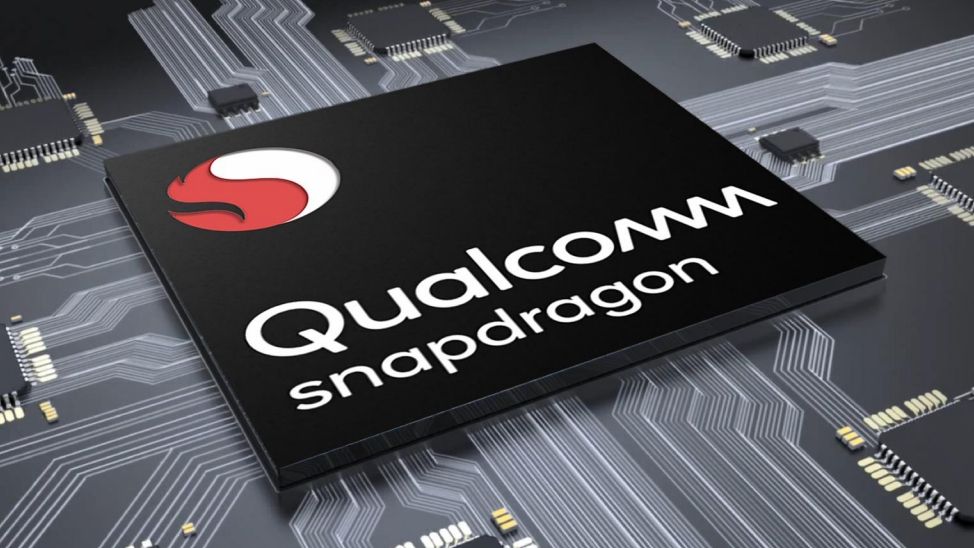Linux-SWAT
Forum Addict!
- Joined
- Feb 13, 2010
- Messages
- 9,286

Microsoft Reveals Pluton, a Custom Security Chip Built Into Intel, AMD, and Qualcomm Processors - Slashdot
An anonymous reader shares a report: For the past two years, some of the world's biggest chip makers have battled a series of hardware flaws, like Meltdown and Spectre, which made it possible -- though not easy -- to pluck passwords and other sensitive secrets directly from their processors. The...
it.slashdot.org




